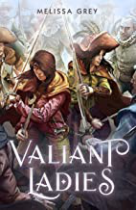
In Potosí, a silver mining city in the new Spanish viceroyalty of Peru, two teen vigilantes set out to expose corruption and deliver justice after Kiki’s brother is murdered and the prostitute he loved disappears. Includes author’s note.

In Potosí, a silver mining city in the new Spanish viceroyalty of Peru, two teen vigilantes set out to expose corruption and deliver justice after Kiki’s brother is murdered and the prostitute he loved disappears. Includes author’s note.
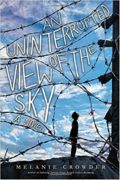
Modern history unearthed as a boy becomes an innocent victim of corruption in Bolivia’s crime world, where the power of family is both a prison and a means of survival.
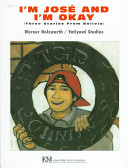
A scrappy eleven-year-old orphan works hard at his uncle’s tire repair shop and proves himself at work and in a bicycle race.
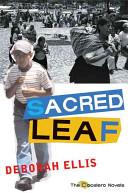
The people of Bolivia have grown coca for legitimate purposes for hundreds of years, but the demands of America’s War on Drugs now threaten this way of life. Deborah Ellis’s searing follow-up to the highly praised “I Am a Taxi” deals with this frank reality. After he manages to escape from virtual enslavement in an illegal cocaine operation, Diego is taken in by the Ricardo family. These poor coca farmers give Diego a safe haven where he recovers from his ordeal in the jungle. But the army soon moves in and destroys the family’s coca crop — their livelihood. So Diego joins their protest of the destruction of their crops and confront the army head-on by barricading the roads. While tension between the cocaleros and the army builds to a dramatic climax, Diego wonders whether he will ever find a way to return to his family. This compelling novel defies conventional wisdom on an important issue, and shows how people in one part of the world unknowingly create hardship for people in another.
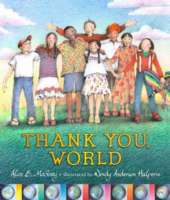
Eight very different kids, from eight different continents, all go about their day and experience the same moments of happiness: greeting the sun in the morning, swinging on a swing, flying a kite, being tucked in by Mommy at bedtime.
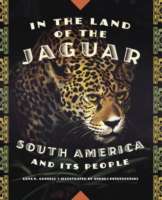
South America’s story is as varied as its geography of soaring mountains, scorching deserts, and lush rainforests. This book combines an often tragic history with the problems and triumphs of the present. The information ranges from “the Requirement” (a document read out by the conquistadors each time they came upon a new group of indigenous people to justify their actions) to drug cartels, from the hidden and secretive Elders (a civilization that retreated to the mountains to preserve its customs) to Gabriel García Márquez. Includes maps, an index, and bibliography.
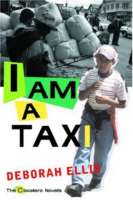
For twelve-year-old Diego and his family, home is the San Sebastian Women’s Prison in Cochabamba, Bolivia. His parents farmed coca, a traditional Bolivian medicinal plant, until they got caught in the middle of the government’s war on drugs. Diego’s parents are locked up, but he can come and go to school, to the market to sell his mother’s hand-knitted goods, and to work as a “taxi,” running errands for other prisoners. But then his little sister runs away, earning his mother a heavy fine. The debt and dawning realization of his hopeless situation make him vulnerable to his friend Mando’s plan to make big money, fast. Soon, Diego is deep in the jungle, working as a virtual slave in an illegal cocaine operation. As his situation becomes more and more dangerous, he knows he must take a terrible risk if he ever wants to see his family again.
The story describes the first time young Waira joins her parents on their trip from their mountain home to the market in Topojo. The journey normally takes two days, but in order to give Waira, and readers, a glimpse of Aymara history, the family takes a long detour to the ruins of the ancient city of Tiwanaku. They also stop near Lake Titicaca before finally arriving at the market. All of these events give Topooco the opportunity to describe some of the customs, history, lifestyle, and folklore of the people.

Bolivia is home to two distinct native cultures the Aymara and the Quechua as well as mestizos, blacks, and Europeans. Lifestyle is determined in large part by whether one dwells in one of the large cities like La Paz or Santa Cruz, or in rural areas like the forested Yungas or Amazon Basin. In this largely pictorial book that focuses on children living in the different regions, some of this information is specifically stated.

Describes the civilization of the ancient Incas, comparing it to the lifestyle of their modern descendants, the Quechua Indians of Peru.